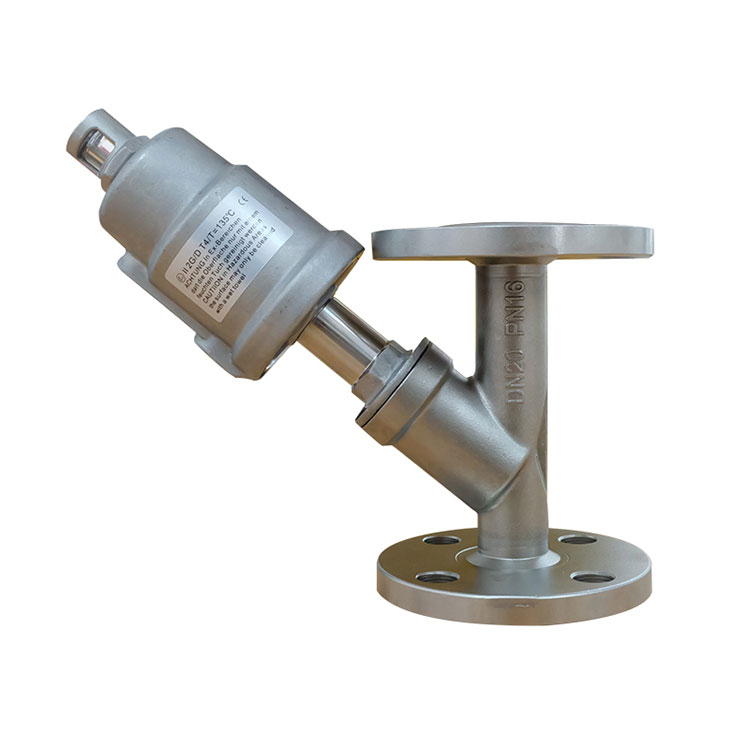Precision in Motion: Exploring the Primary Applications of Pneumatic Angle Seat Valves in Industrial Processes
2024-01-12
Introduction:
In the intricate tapestry of industrial processes, the pneumatic angle seat valve emerges as a versatile and precise tool, playing a pivotal role in fluid control. This blog will delve into the primary applications of pneumatic angle seat valves, shedding light on how their unique design and capabilities make them indispensable in various industrial settings.
Fluid Control Mastery
1. Water Treatment Plants:
Pneumatic angle seat valves find extensive use in water treatment facilities. Their rapid response times and precise control over fluid flow make them ideal for regulating the movement of water through different stages of the treatment process. From controlling chemical dosing to managing the flow of treated water, these valves contribute to the efficiency and reliability of water treatment systems.
2. Chemical Processing Industries:
Chemical processing involves the handling and movement of various fluids, often with stringent control requirements. Pneumatic angle seat valves excel in this environment, providing accurate regulation of chemical flows. Their self-draining design is particularly advantageous in preventing fluid buildup, ensuring the purity and integrity of chemical processes.
3. Food and Beverage Production:
Hygiene and precision are paramount in the food and beverage industry. Pneumatic angle seat valves, with their self-draining capabilities and quick response times, are well-suited for applications involving the control of liquids, gases, or steam. From managing ingredient flows to controlling cleaning processes, these valves contribute to the efficiency and safety of food and beverage production.
4. Pharmaceutical Manufacturing:
In the pharmaceutical industry, where precision and sterility are critical, pneumatic angle seat valves play a vital role. Their ability to provide accurate control over fluid flows makes them ideal for regulating the movement of pharmaceutical ingredients and ensuring the integrity of manufacturing processes.
5. Textile Production:
Textile manufacturing processes often involve the controlled application of dyes, chemicals, and steam. Pneumatic angle seat valves contribute to the precision required in these processes, ensuring accurate control over fluid flows and enhancing the overall efficiency of textile production.
6. HVAC Systems:
Heating, ventilation, and air conditioning (HVAC) systems rely on precise control over the flow of air, water, or other fluids. Pneumatic angle seat valves, with their ability to regulate fluid flows quickly and accurately, find applications in HVAC systems for temperature control, water circulation, and other critical functions.
Conclusion: Precision in Practice
The primary applications of pneumatic angle seat valves in industrial processes showcase their adaptability and efficiency in diverse settings. Whether in water treatment, chemical processing, food production, or other industries, these valves play a crucial role in ensuring precise fluid control. Their unique design and capabilities make them indispensable tools, contributing to the reliability, efficiency, and safety of industrial processes across various sectors.



